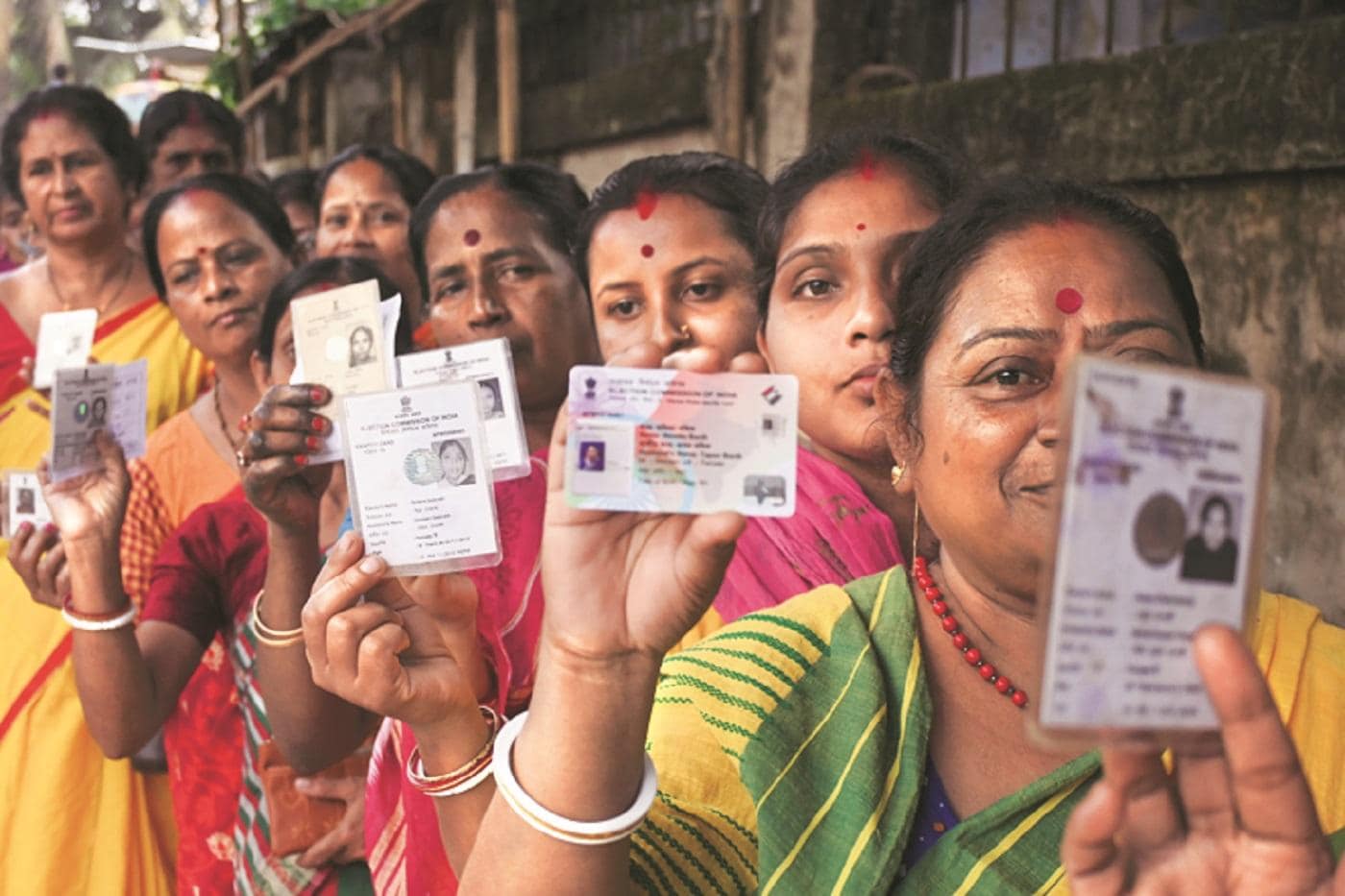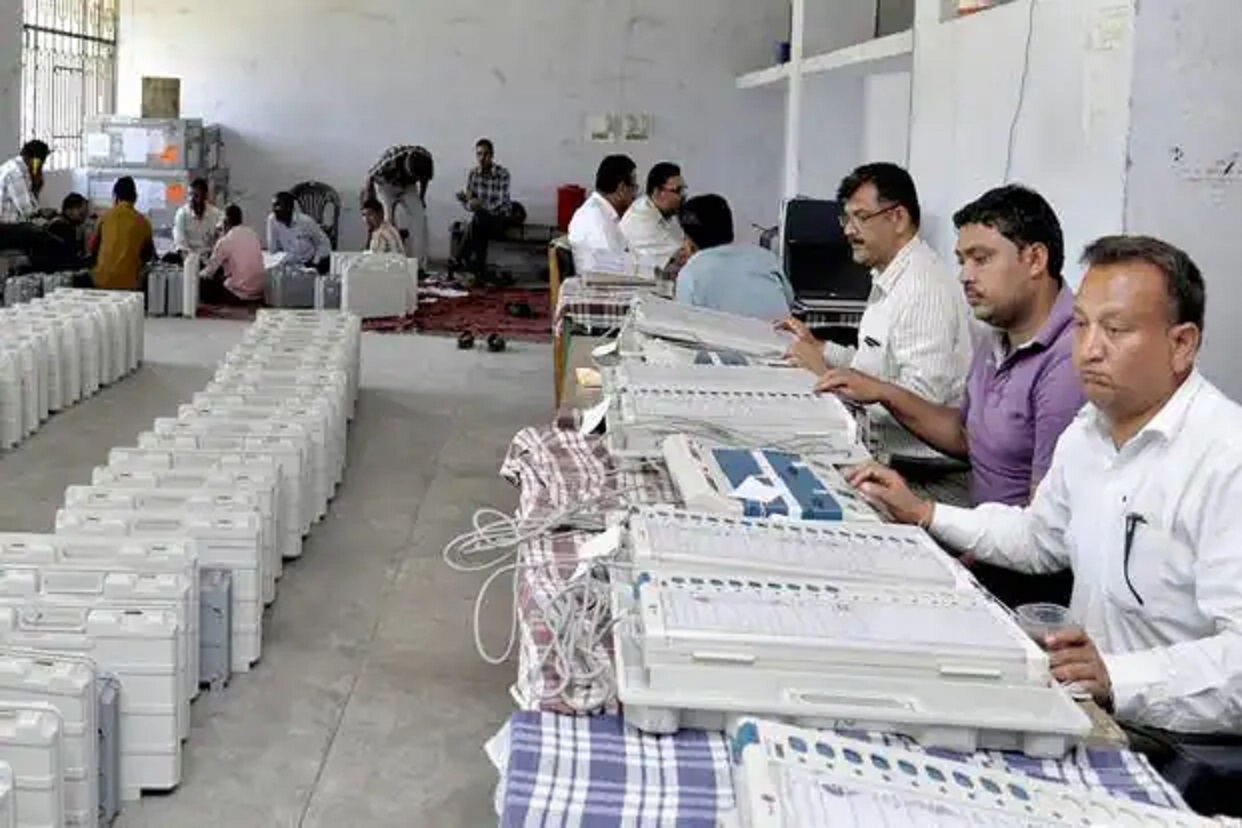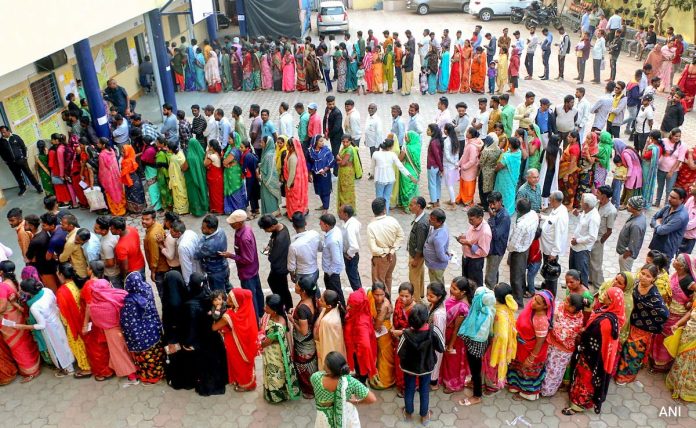- The Lok Sabha polls are underway in full swing with two phases out of the seven already behind us. The only discussion post these two elections is the not-so-impressive percentage of voters turning up to vote despite tremendous efforts by the Election Commission of India as well as the political parties in the fray. However, it appears the voters are not similarly inclined as the authorities/political class concerned by refraining from coming out in great numbers. Is it to be then construed as voter apathy or do some other genuine reasons exist to make us comprehend the other side of the story? Remember, there always will be two sides of the story that give shape to the narrative. Let’s delve deep to infer why the voters are not too enthusiastic about voting.

PC: Business Standard
- Of course, common citizens understand it’s our duty and responsibility to actively participate in the due process of democracy that helps to form the government. Yes, it is known that we the people who ensure the elected representatives chosen by us diligently participate in the nation’s policymaking process. Nonetheless, it begs the question as to why voters tend to remain aloof when it comes to exercising their franchise. The turnout for the two phases is lower than in 2019 so far. As if on cue, the Indian poll punditry is having a ball. Everyone wears a selector’s hat ahead of the selector’s picking the Indian cricket XI. Similarly, come Lok Sabha elections, Indians turn psephologists – with much flair and abundant political insight, not infrequently free of fact.
- Notably, knowhow hangs heavy, as hot as the prevailing summer air in living rooms, workplaces, college canteens, and academic deep-dives, among random surveyors/reporters, local party workers, cabbies/auto wallahs and the chatterati, who may not necessarily be the voter. Mind you, in 2019, which saw the highest turnout ever at 67.4%, CSDS-Lokniti surveys suggested urban middle-class was mobilized to vote too. Palpably, the enthusiasm is missing this year, it’s said. Yes, there’s an overdrive to get the voter out. Is the relentless pressure to vote off-putting? Is there too much song and dance about our duty to vote? Could low-quality political discourse be a deterrent? Does heat play a role? 44 days of election schedule leading to poll fatigue?

PC: Mint
- The question galore suggests several reasons that could be acting as a deterrent for the voters to come out in large numbers. Undeniably, the trust is wavering in the process of voting since widespread cynicism toward the political class is growing by the day. On the other hand, there are very many strands to why voters vote. Famously for caste, creed, and religion too, of late. Consequently, the electorate is more polarized than ever now. Many seem deeply and loudly political. Support for parties and protests has continued apace. And yet, seemingly, fewer people are voting. Interestingly, the size of the electorate is bigger this time around 968.8m compared to 896m in 2019 – up by 72.8m electors. Thus, can the voter turnout be termed low anymore?






